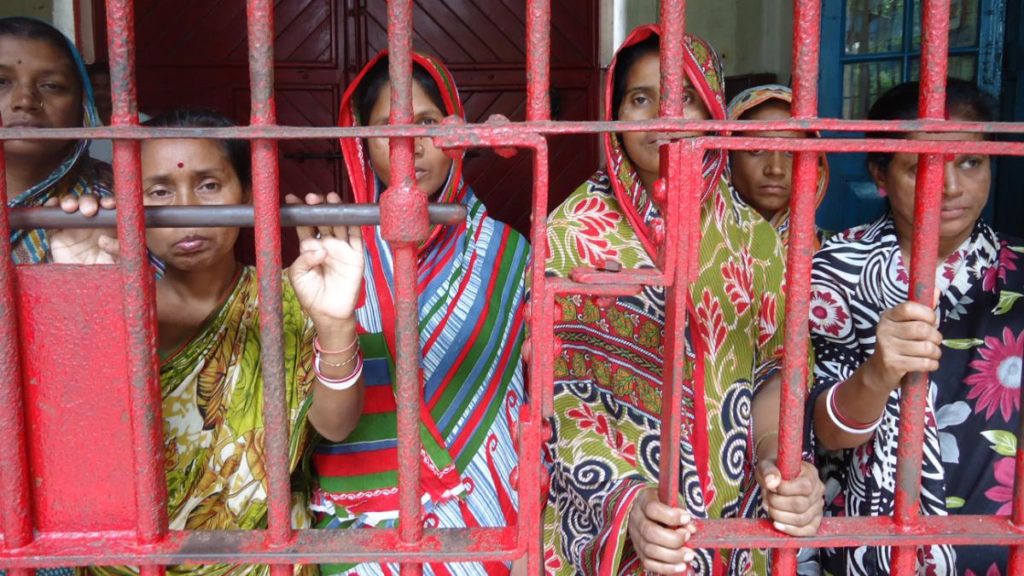The Supreme Court on Monday said that those in Assam’s detention centres for the past two years may be released on a personal bond with two sureties and reduced the surety amount in the wake of the coronavirus pandemic, Bar and Bench reported.
A three-member bench headed by Chief Justice SA Bobde, conducting a hearing via video-conferencing, was examining a plea pertaining to the issue of overcrowding and infrastructure of prisons across the country as the number of confirmed COVID-19 cases in India crossed 9,150.
The apex court modified its 10 May, 2019 order, according to which foreigners who had served more than three years could be released on bail after production of two sureties worth a lakh each and a bond. The plea was filed by Justice and Liberty Initiative, an Assam-based non-profit providing legal support to individuals facing proceedings before the state’s Foreigners Tribunals. The Bench, also comprising, Justices L Nageshwara Rao and Mohan M Shantanagoudar, reduced the surety amounts from Rs 1 lakh each to Rs 5,000 each. “The people being released should have enough roots in society,” the CJI said in response to Gonsalves’ concern over the problems detainees may face in getting sureties.
Responding to senior advocate Salman Khurshid about the order regarding the release of prisoners extended to those in Assam’s detention centres, the AG responded, “The purpose of the lockdown will be defeated if prisoners will be released at this time. If they are affected and released and allowed to travel, they may spread the disease further.”
In response, senior advocate Colin Gonsalves said that the health authorities are keeping an eye on them. Calling the measure to release prisoners a “double-edged sword”, the CJI said that they should be transported but while maintaining the social distancing norm.
Responding to the CJI on ensuring that these detainees do not disappear after release, Gonsalves, appearing for National Forum for Prison Reforms, said, “They are not foreigners in the real sense. They have been living here for five decades but don’t have papers to show. Many prisoners have sons and grandsons and they have, in fact, agricultural land over here.”
Advocate TK Singh mentioned that the jail manual only allows grant of parole for 30 days and inquired about the further measures to be taken when this period expires. “We will say that it can be extended it further. We will pass the order today,” Live Law reported the Bench as saying.
On 16 March, the apex court has said in an order that it is “the bitter truth is that our prisons are overcrowded” and that there was a “high risk of transmission of COVID-19 virus to the prison inmates”. On the next date of hearing, a week later, the court directed all states and union territories to form a High Powered Committee to determine which class of prisoners can be released on parole or interim bail” to avoid spreading the infection. “Looking into the possible threat of transmission and fatal consequences, it is necessary that the prisons must ensure maximum possible distancing among the prisoners including undertrials,” the court observed.
On 31 March, the United Nations High Commission for Refugees, the International Organization for Migration, the Office of the United Nations High Commissioner for Human Rights and the World Health Organization issued a joint statement for the release of refugees and migrants held in detention. “The situation for refugees and migrants held in formal and informal places of detention, in cramped and unsanitary conditions, is particularly worrying. Considering the lethal consequences a COVID-19 outbreak would have, they should be released without delay,” the statement read.

